Introduction to the Drucker Forum 2018
by Richard Straub
"What would robots do if humans took over?"* The joky question posed by Shagun Tripathi at the Global Peter Drucker Forum 2017 raises a fundamental issue. It prompts us to remember that the economy, technology, business and government are not givens – they are shaped by human choice. Yet it also forces us to recognize that the human perspective has been increasingly sidelined in the way we think about and enact the relations between technology and society, leaving the most precious, human, potential undervalued and underused. "Taking over" means actively shaping the organizations of the future and taking on a different mind-set: Should leaders in the 21st century become as good in understanding the human dimension as they are in grasping the latest scientific discovery, technology or management technique? Should they be able to frame challenges differently and ask different questions? At best, should we more actively manage the creation of our own future?
The relentless encroachment of machine intelligence into domains that were previously human raises important issues around the role of individuals in decision making, improvisation in the face of sudden events, and innovation. Likewise, the disruption of existing structures by the platform economy brings pressing questions of coherence and a new social settlement for the future into the frame. What are the consequences for the learning and competencies of 21st century managers? How can strategy be developed, and work reliably performed in a age when pressure and instability are constant and increasing?
All today’s institutions and organizations face a similar challenge by turning needs into value for others, for themselves and wider society. Can we do that through the application of “hard” technocratic logic – or do we need a fundamental reset, as Charles Handy powerfully suggested at the 2017 Drucker Forum? What place do we give to the human in organizations? What are the new role models? The answers will have profound consequences for the practice of management and the type of leaders required for our institutions.
Aristotle defined three dimensions of human intelligence: episteme (intellect), techne (craft) and phronesis (practical wisdom and ethical values). In management they correspond to what we would call the “what”, the “how” and the “why”. Of course, managers must deliver performance – Peter Drucker was firm about that – yet at the moment humanity too often suffers as companies measure human capital as a cost rather than an asset. Reasserting the human dimension means above all asking the “why” questions that enable us to ponder deeply who we are, what we do and where we should be going. We may need to reframe issues beyond narrow positions; and reconcile apparently conflicting stances to create common ground. Bearing direct responsibility for confronting these issues in the workplace, management can light the fire – and must do it now, before it is too late.



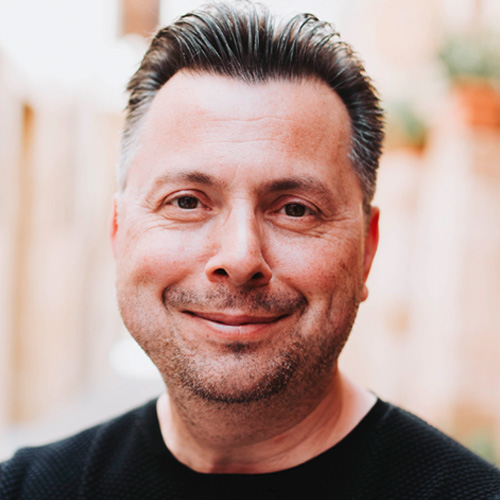
Alex
Adamopoulos
Chief Executive Officer, Emergn Limited
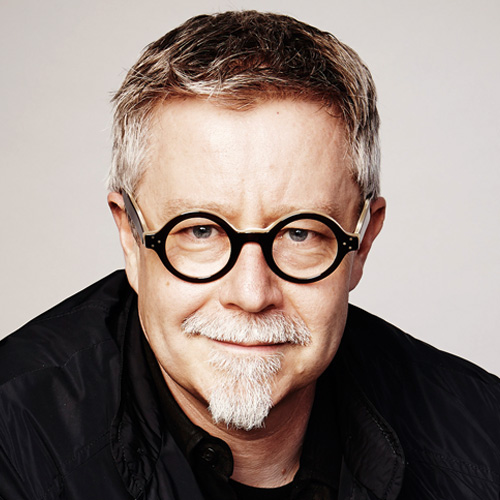
Tim
Brown
President and CEO, IDEO
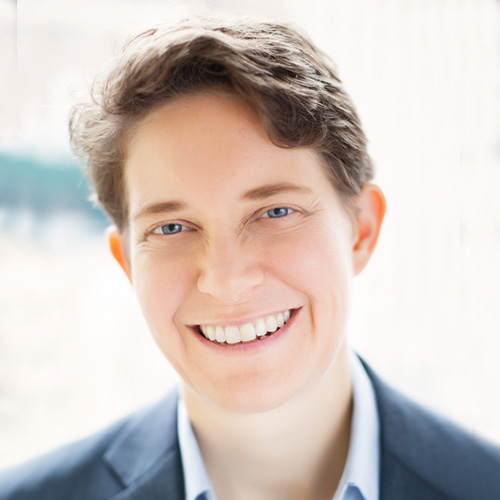
Dorie
Clark
Marketing strategist; Adjunct Professor of Business Administration, Fuqua School of Business, Duke University
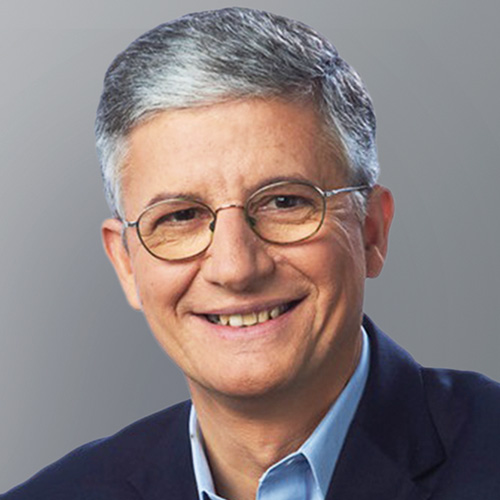
Claudio
Fernández-Aráoz
Senior Adviser, Egon Zehnder
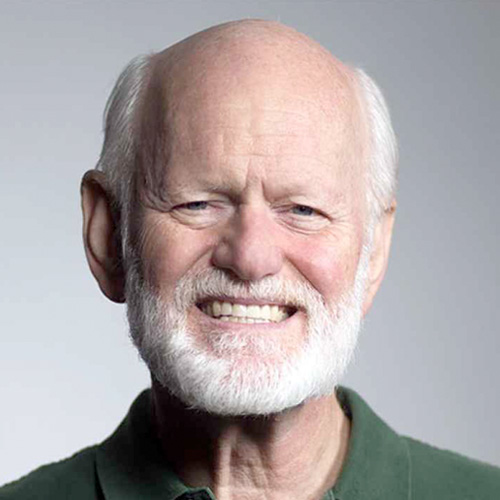
Marshall
Goldsmith
Business Educator & Executive Coach
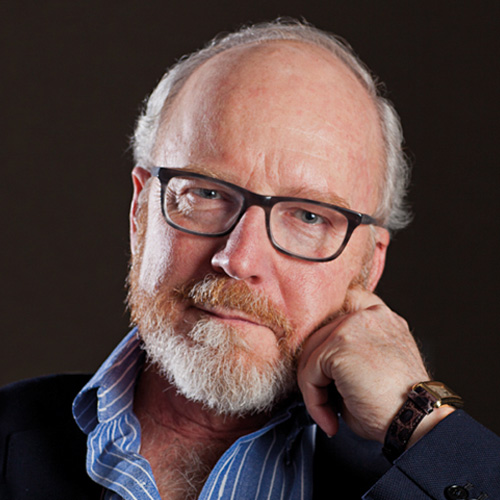
John
Hagel
Co-Chairman, Deloitte & Touche Center for the Edge
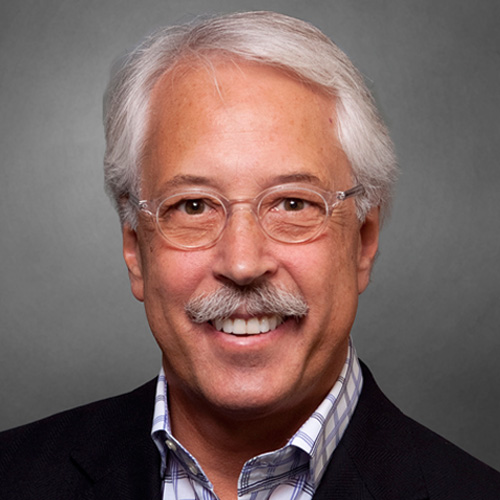
Gary
Hamel
Professor, London Business School;
Director of the Management Innovation eXchange
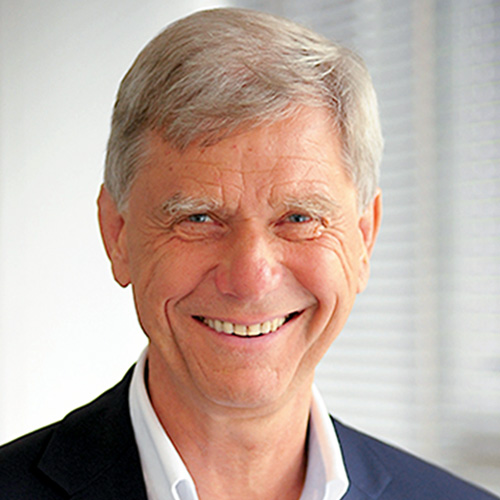
Hermann
Hauser
Serial entrepreneur; Director, Amadeus Capital Partners; Chair, European Innovation Council High Level Group of Innovators
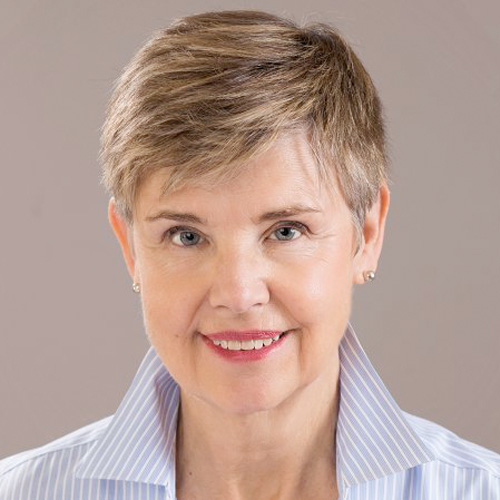
Sally
Helgesen
Womens’ Leadership consultant and author
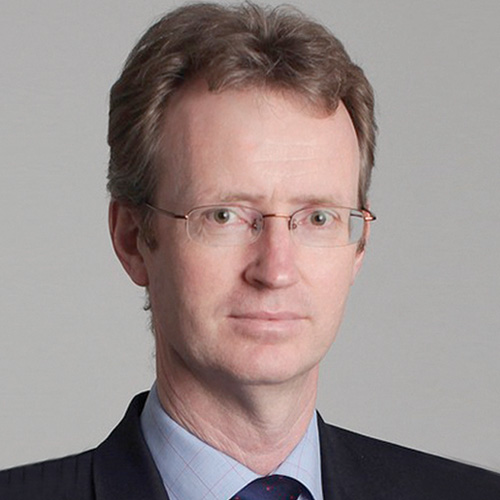
Andrew
Hill
Management Editor, Financial Times
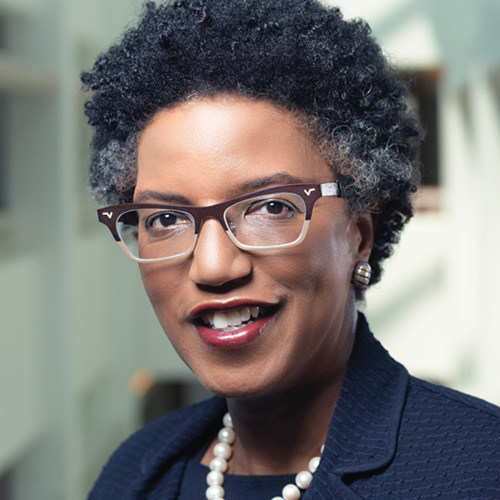
Linda A.
Hill
Professor of Business Administration, Chair of the Leadership Initiative, Harvard Business School
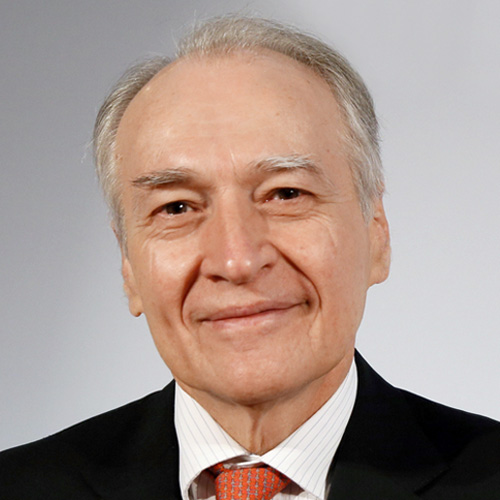
Xavier
Huillard
Chairman and CEO, VINCI Group
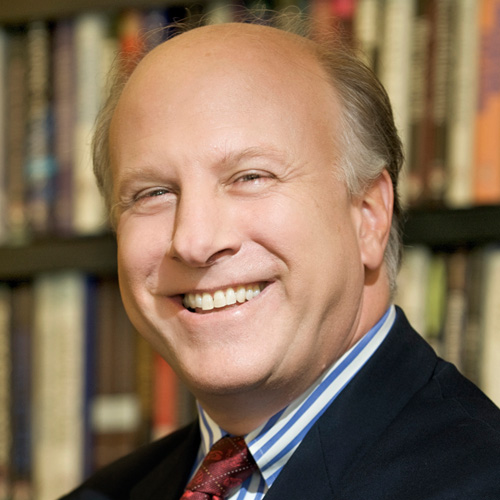
Adi
Ignatius
Editor in Chief, Harvard Business Review Group
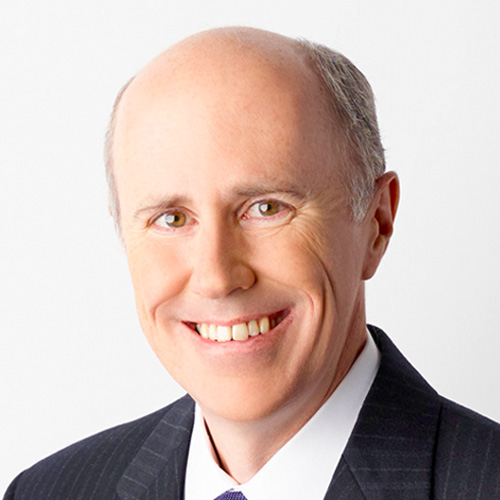
James P.
Keane
President and CEO, Steelcase Inc.
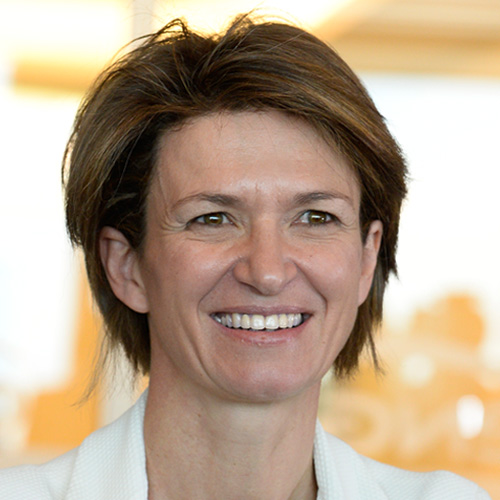
Isabelle
Kocher
CEO Engie
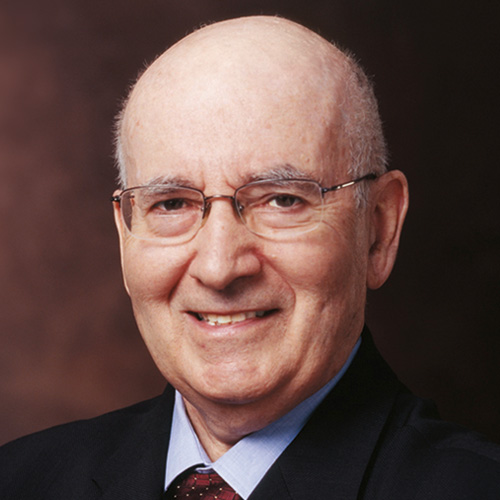
Philip
Kotler
S.C. Johnson & Son Professor of International Marketing, Kellogg School of Management, Northwestern University

Gina
Lodge
Academy of Executive Coaching (AoEC)
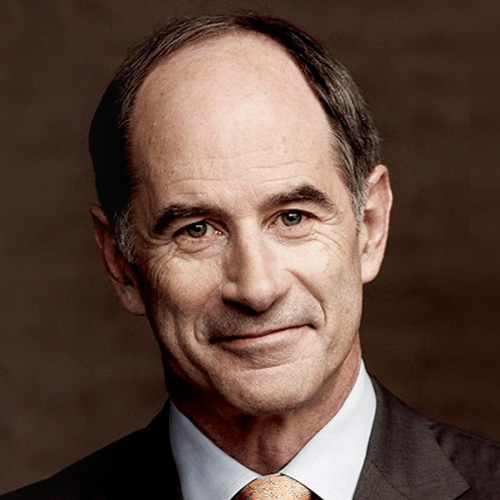
Roger L.
Martin
Institute Director, Martin Prosperity Institute, Rotman School of Management
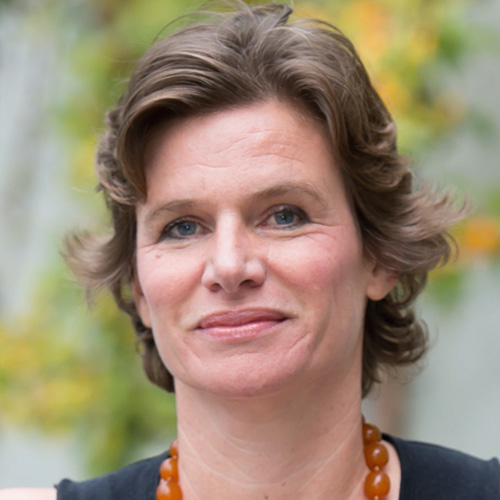
Mariana
Mazzucato
Chair in the Economics of Innovation and Public Value; Founder and Director, The Institute for Innovation and Public Purpose, University College London
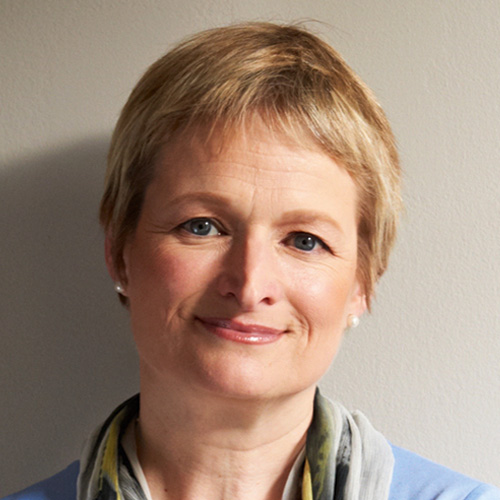
Rita Gunther
McGrath
Professor, Columbia Business School

Rosabeth
Moss Kanter
Professor, Harvard Business School
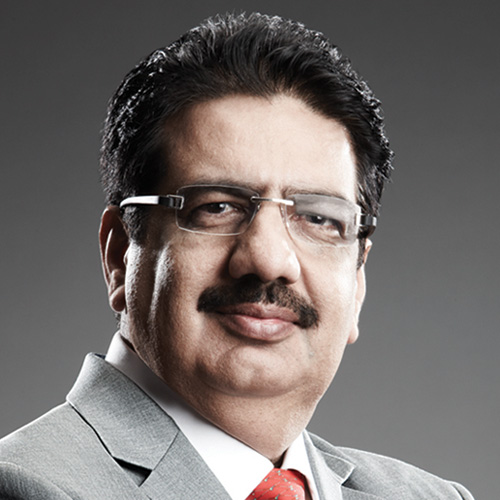
Vineet
Nayar
CEO and founder, Sampark Foundation
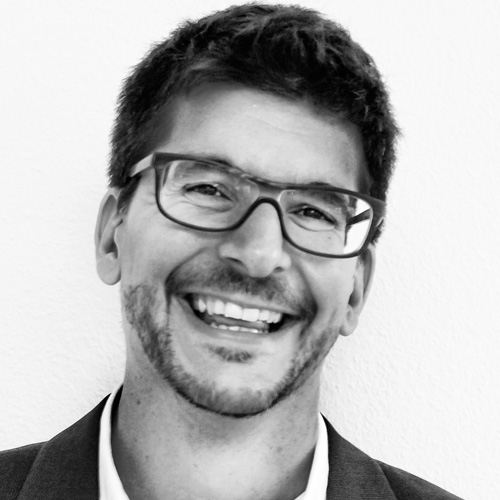
Alexander
Osterwalder
Entrepreneur and Business Model Innovator, Co-Founder Strategyzer
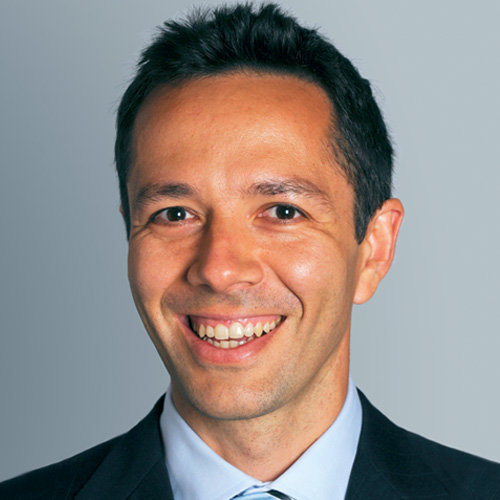
Gianpiero
Petriglieri
Associate Professor of Organisational Behaviour, INSEAD
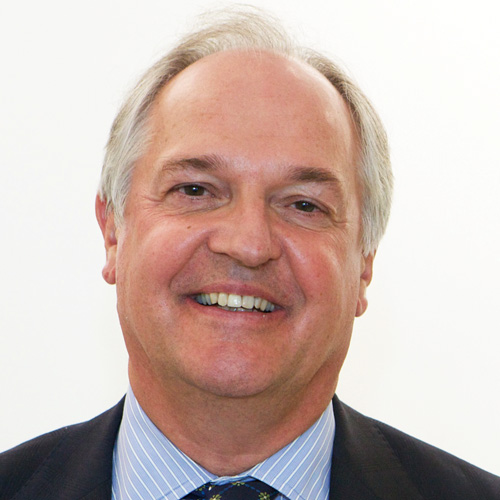
Paul
Polman
CEO Unilever
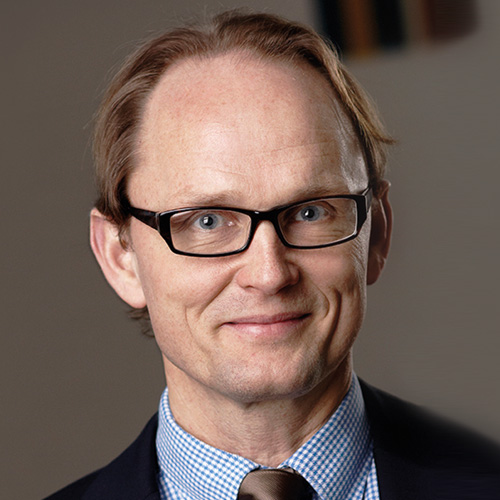
Johan
Roos
Chief Academic Officer, Hult International Business School
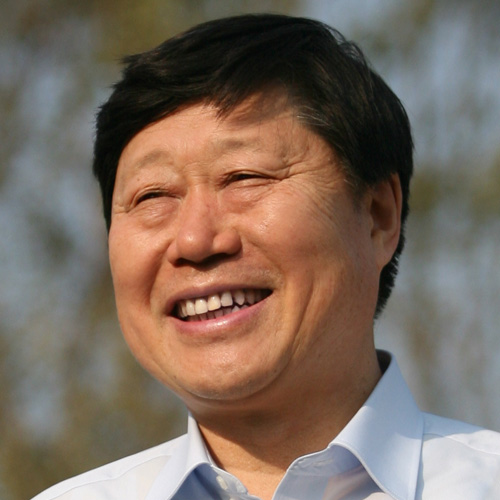
Zhang
Ruimin
CEO and Chairman of the Board of Directors for the Haier Group
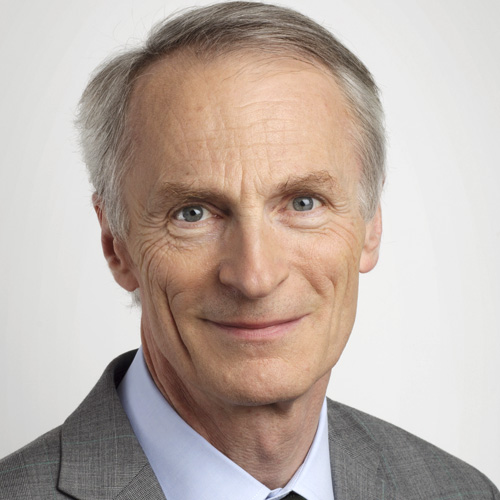
Jean-Dominique
Senard
CEO Michelin Group

Nicole
Torres
Senior Associate Editor, Harvard Business Review
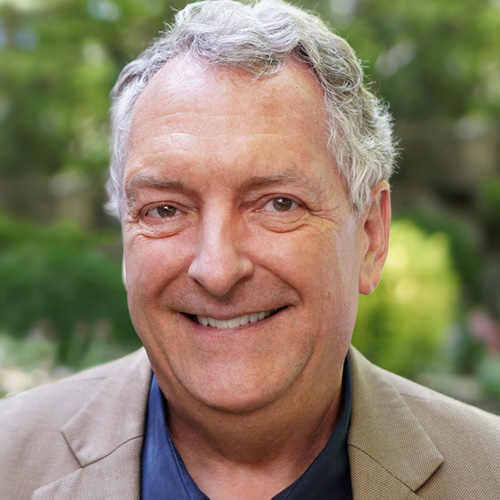
Dave
Ulrich
Rensis Likert Professor of Business, University of Michigan; Co-founder, The RBL Group
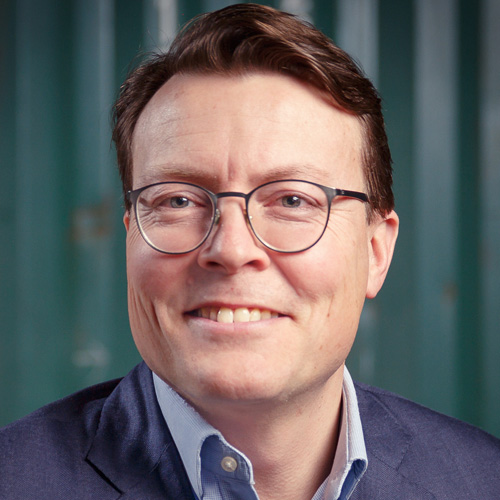
Constantijn
Van Oranje
Special Envoy Startup Delta
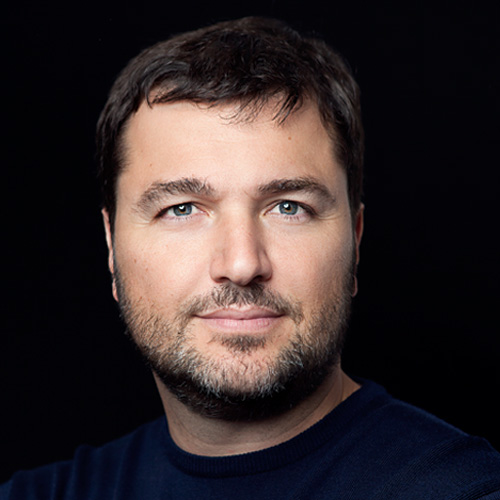
Ricardo
Vargas
Executive Director Brightline Initiative
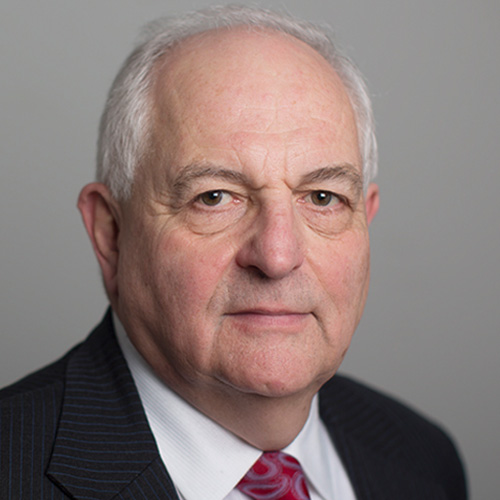
Martin
Wolf
Associate editor and chief economics commentator, Financial Times
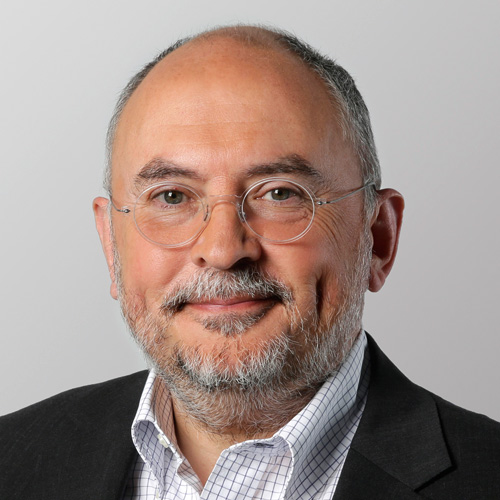
Guillaume M.
Alvarez
Senior Vice-President Europe, Middle-East & Africa, Steelcase
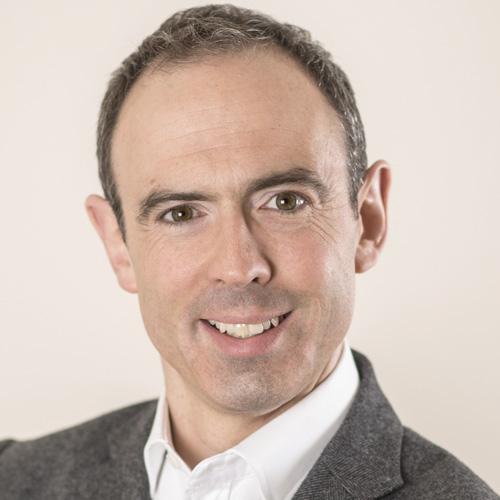
James
Ashton
Founder, Lingmell Media
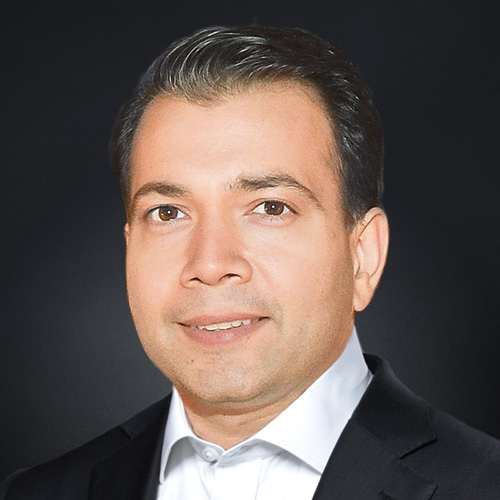
Kumaar
Bagrodia
CEO, LeapVault; Founder NeuroLeap
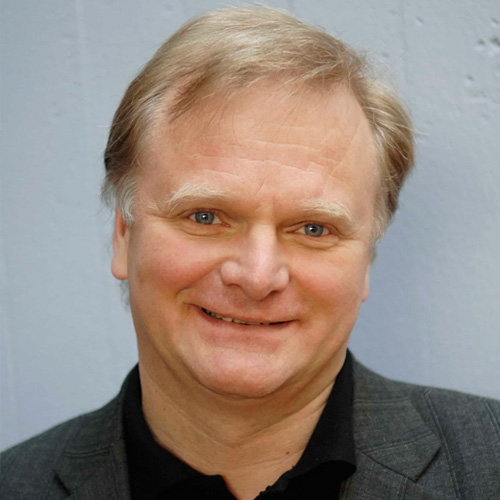
Bjarte
Bogsnes
Chairman, Beyond Budgeting Institute
Senior Advisor Performance, Framework, Equinor
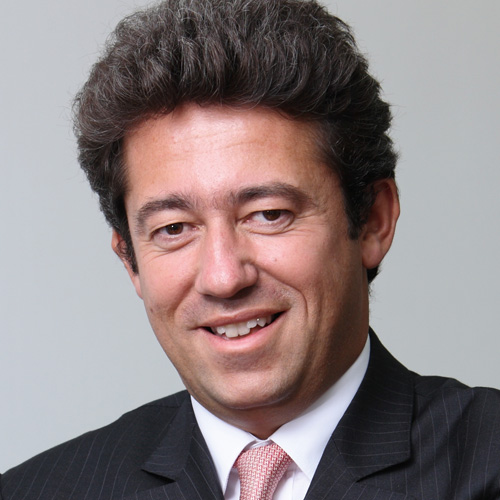
Charles-Édouard
Bouée
CEO, Roland Berger
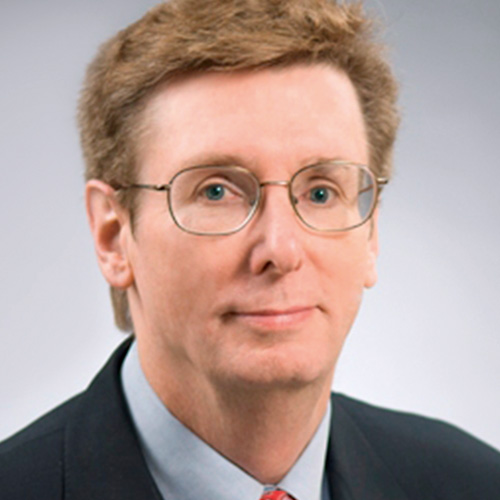
Curtis
Carlson
Founder and CEO, The Practice of Innovation, former CEO of SRI
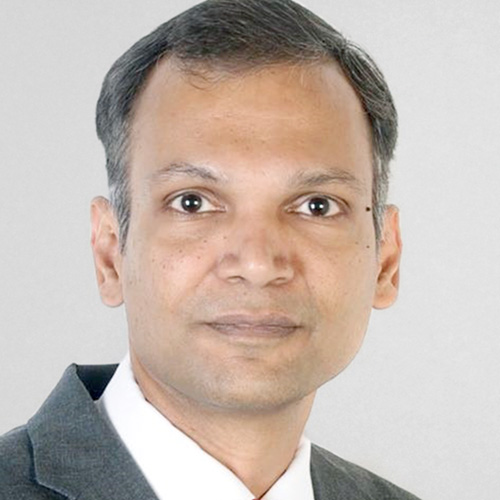
Ramkumar
Chandrasekaran
HR Director TCS UK & Ireland
»
Don’t expect to get simple answers.
But expect to be inspired.
Richard Straub
Opening and Welcome at the 9th Global Peter Drucker Forum 2017
